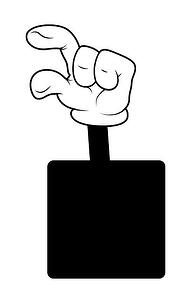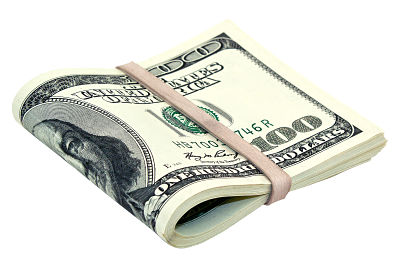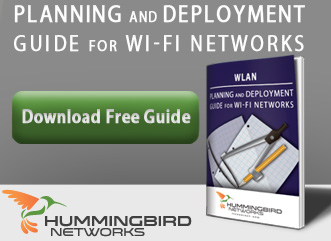
One of the first things any hotel wants to know about a WiFi installation is how much it will cost. This is often a tricker question than is immediately apparent, because there's no such thing as "one size fits all" WiFi, at least not yet. A good WiFi deployment is going to be personalized for a business, which mean exact estimates are hard to give without a full consultation.
The simplest network architecture these days is virtualized. In such a setup, such as one using Bluesocket, the WiFi Access Points (APs) themselves are effectively all a location needs. There's no need for an expensive central server or controller.
In setups like these, a single Bluesocket AP will cost between, say, $400-$700 depending on its features. Then those costs multiply according to how many APs you're installing.
However, other elements come into play, so let's talk a bit about other elements that may influence the kind of WiFi architecture your hospitality business installs.
Three Major Factors Influencing The Costs Of Hotel WiFi
1 - Wall Thickness
The walls in a hotel are often a barrier to reliable WiFi service, literally. Because most hotels want to keep guests in soundproof environments, that generally requires walls that are either thicker or extra-reinforced with elements like concrete to reduce their noise-transmission.
Unfortunately, such measures also limit their WiFi transmission. Depending on the thickness and material composition in your walls, you may have to invest in more powerful antennas to "punch through" the walls and provide reliable service.
2 - Larger Location Size
Hotels across larger pieces of land may have issues spreading service across their location. For one thing, no "Wireless" network is truly wire-free. At the least, there'll be a cable coming in from the outside world, providing the Internet service. There may also be wires across distances too far for WiFi to reach.
And, there are hard limits on how long those cables can be, especially when dealing with copper. Generally, a copper Ethernet cable can only reach about 100 meters before signal interference becomes a major issue.
There are a few options here:
- Signal boosters/repeaters every ~100m to keep the signal strong.
- Optical cabling, which can stretch for kilometers with minimal signal loss.
- A larger network of virtualized APs, spreading the signal between themselves.
- ADTRAN ActivReach products, which allow for copper wiring up to around 400 meters.
All of these, of course, may add to the final bill.
3 - Number of APs
And how many APs do you need, anyway? Too few creates spotty or unreliable service, but too many just waste money - especially when they're ~$500 each.
The best option here is usually to hire a specialist in networking design. They can quickly survey your operations and create a "heatmap" of network usage at your location. This is also combined with signal-strength measurements designed to avoid common sources of interference, such as microwaves or Bluetooth office products.
A single consultation can create a tight, well-optimized network that provides the coverage you need with a minimum of access points.
Pre-Owned Equipment Lowers Your Costs
Despite the extra challenges that may face a hotel installing WiFi, there's a simple way to keep costs down: Buying pre-owned. The boom in networking in recent years has created an equally booming trade in certified/refurbished hardware that's perfect for businesses on a budget.
Refurbished pre-owned hardware is still warrantied and guaranteed, so it's also as safe as buying new.
There are few reasons a hospitality business would need brand-new top-grade hardware, unless they're truly a five-star establishment. Otherwise, hardware that's just a year or two old can be had for huge discounts over buying new. Sometimes, you can even trade in existing hardware for more savings.
So, for a free consultation on your networking needs, or to talk pre-owned hardware options, contact Hummingbird Networks today!












